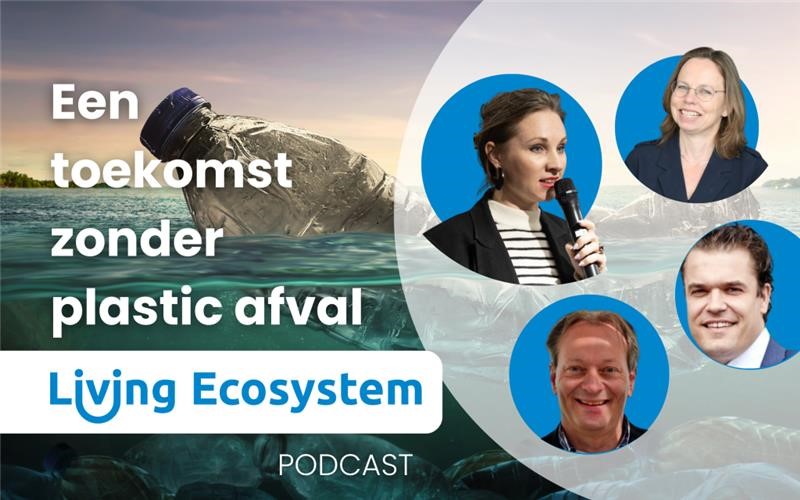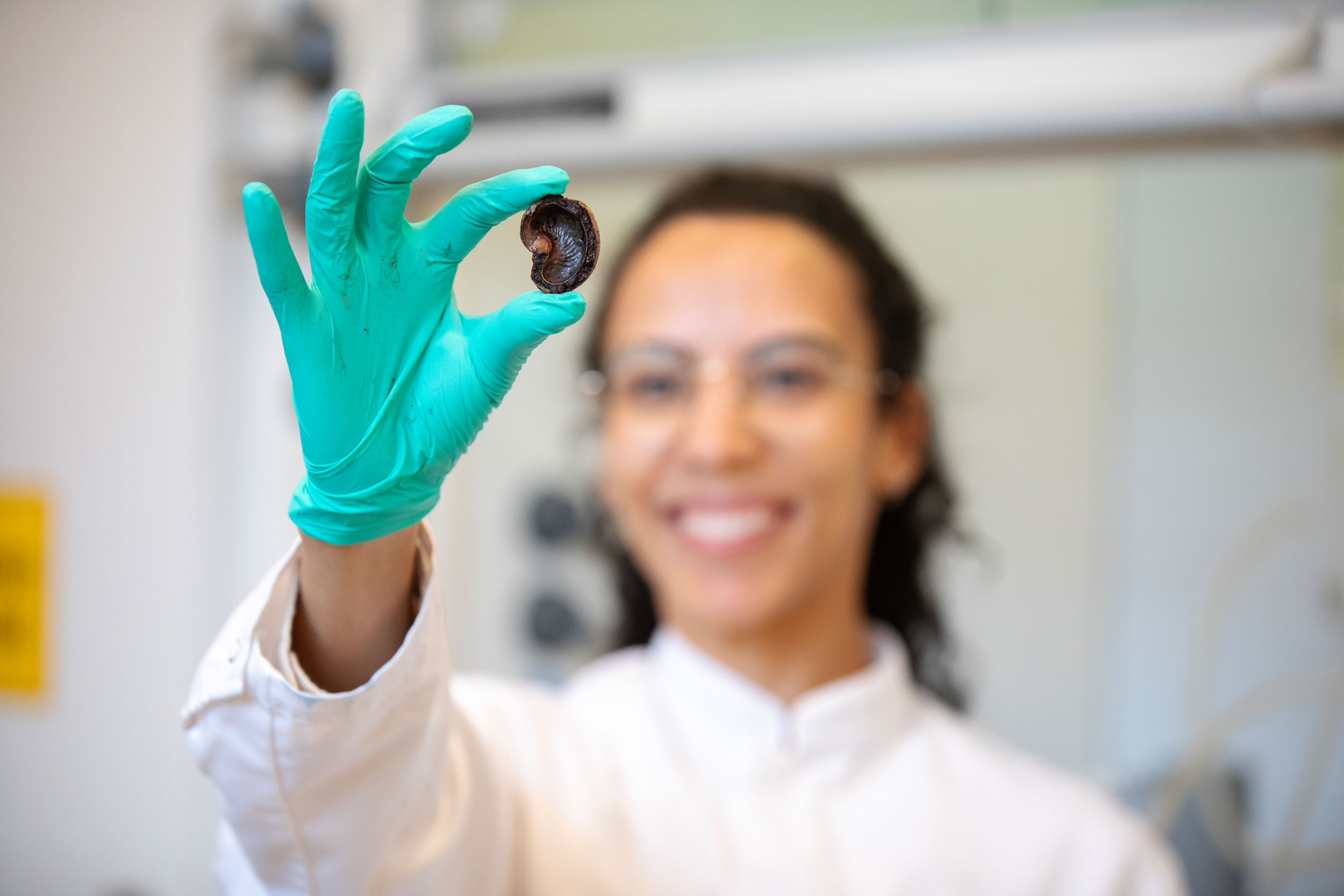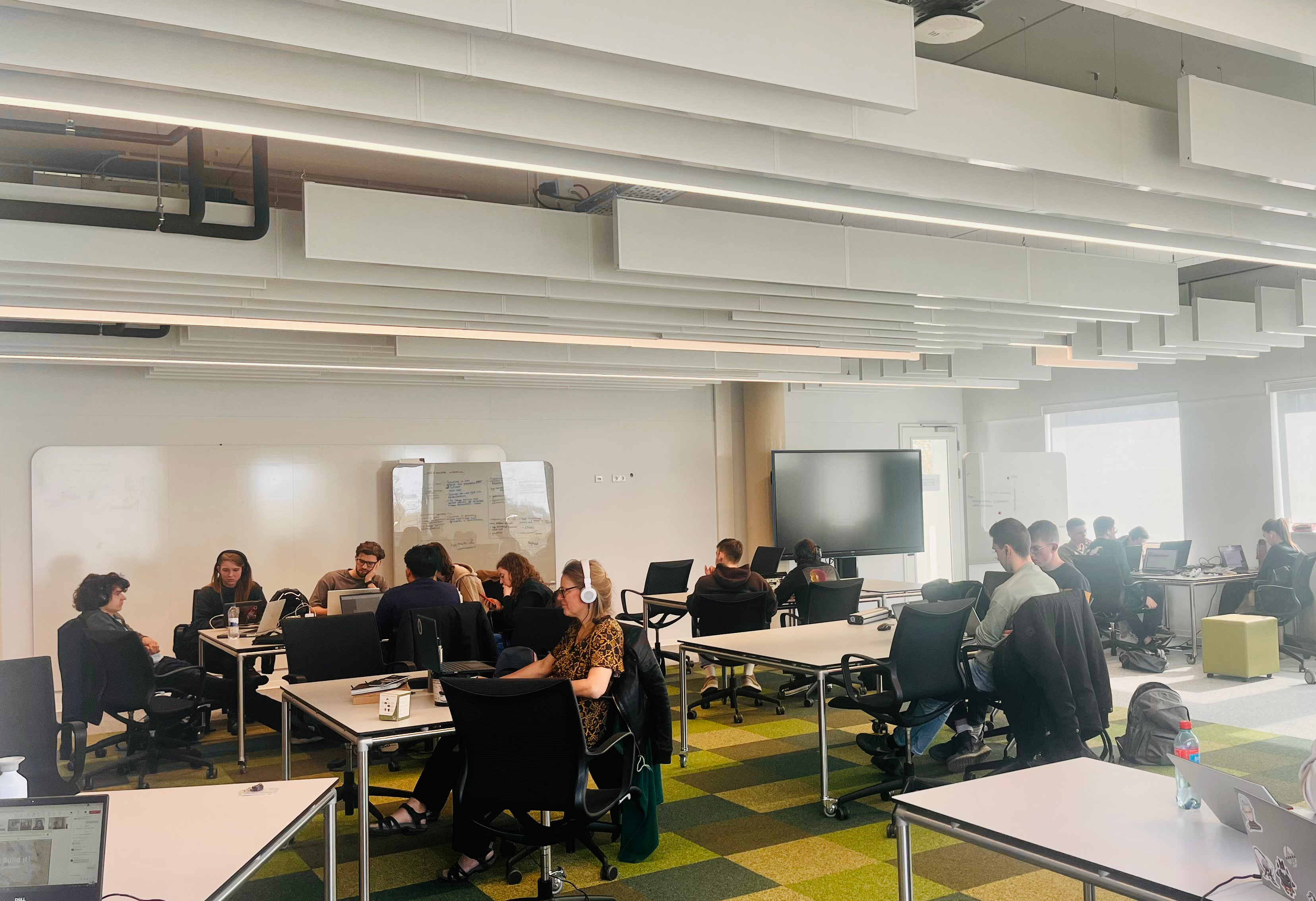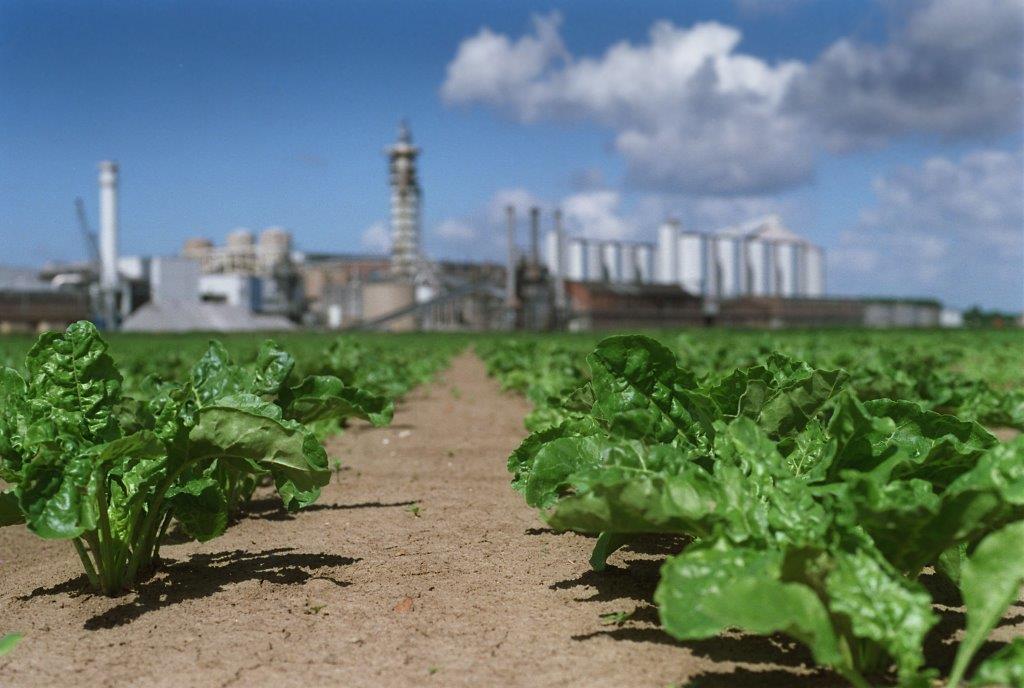Bioplastics as an alternative
Bioplastics offer a sustainable alternative to traditional plastics. They are biodegradable and help reduce CO₂ emissions. Han van Kasteren, professor of Biobased Building Blocks & Products at Avans University of Applied Sciences, explains: “We are developing biopolymers that are truly biodegradable, ensuring they do not harm the environment.” However, these materials are not yet widely adopted.
“Conventional plastics have been optimised over the past hundred years. Biobased materials are still at the beginning of that journey,” says Van Kasteren. The technological challenge lies in achieving the same or even better properties. This requires both innovation and investment.
Legislation as an accelerator
New regulations can encourage companies to embrace biobased materials. Maaike Lycklama à Nijeholt, professor of Finance & Business Innovation at Rotterdam University of Applied Sciences, sees opportunities: “The Corporate Sustainability Reporting Directive (CSRD) compels companies to report on sustainability. This could accelerate biobased innovation.” Initiatives such as true pricing, where environmental costs are factored into product prices, may also provide a boost.
According to Lycklama, financing needs to be better aligned with sustainable innovations. “Banks still assess initiatives too much based on traditional risks. Greater collaboration across the supply chain could improve this.”
Collaboration for impact
Thijs Rodenburg, director of Rodenburg Biopolymers, a company specialising in bioplastics, highlights the importance of collaboration: “We are seeing increasing co-creation within the supply chain. Together, we develop products that are both commercially viable and contribute to a more sustainable world.”
Recently, Rodenburg Biopolymers co-developed an innovation that allows bioplastics to break down in cold soil. “Normally, high temperatures are required for bioplastics to degrade, but with our new technology, we can accelerate this process without leaving harmful residues,” says Rodenburg. This innovation opens up possibilities for applications such as groundwater monitoring and ecological restoration.
Students as driving force of innovation
Students play a crucial role in developing biobased innovations. By collaborating with businesses and researchers, they gain practical experience and contribute to sustainable solutions. “Students bring fresh ideas and help companies innovate,” says Van Kasteren. This also creates opportunities for students: “The demand for professionals with expertise in the circular economy is growing. Engaging with these challenges during your studies enhances your career prospects.”
Can the Netherlands lead the way?
The Netherlands is well-positioned to take a leading role in biobased innovation. Its strong agricultural sector can supply raw materials, while universities of applied sciences develop the necessary knowledge and technologies. However, scaling up remains a challenge.
“We need to look beyond the short term,” says Lycklama. “Companies that invest in circularity are more innovative and successful in the long run.” The message is clear: only through collaboration can we accelerate the transition to a sustainable economy.
Would you like to learn more about biobased innovation and participate in research? Living Ecosystems is a collaboration between Avans University of Applied Sciences, HZ University of Applied Sciences, Rotterdam University of Applied Sciences, businesses, and social organisations, focused on accelerating the transition to biobased materials. Within this programme, researchers, students, and companies work together on innovative applications.
Listen to the podcast:
Via spotify:
Via youtube:
Listen to the podcast and get in touch via communication.mnext.avans.nl.







